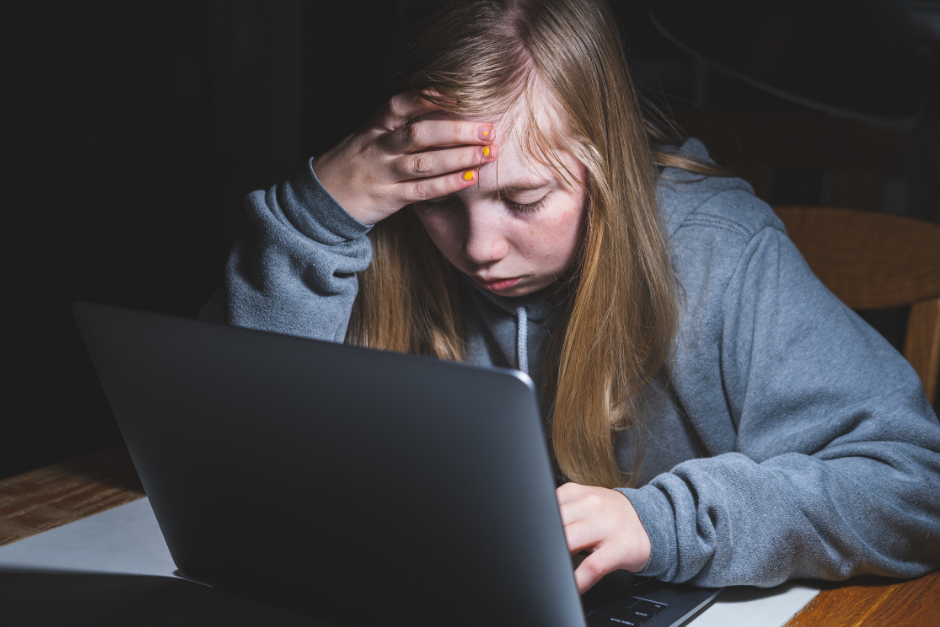Each year, the American Psychological Association (APA) surveys people across the United States about stress. The 2020 survey reveals that stress from COVID-19, along with stress related to health care, the economy, racial issues and social unrest, climate change, and politics and the election, is seriously threatening the mental health of our country, particularly our youngest generation.
The pandemic has disrupted so much in our daily lives, with some communities more negatively impacted than others:
- Eight in 10 adults say the coronavirus is a significant source of stress in their lives.
- Sixty percent of adults report that the issues this country is facing are overwhelming to them.
- Most adults say they needed more emotional support than they received in the past year.
- Seventy-one percent of Americans say that this is the lowest point in our nation’s history they can remember.
- More than half of adults (59%), regardless of race, report police violence toward minorities is a significant source of stress in their life.
The long-term consequences of this tress and trauma are very serious for Generation Z teens (ages 13-17) and Gen Z adults (18-23), who are showing increased levels of anxiety and depression. According to the APA survey:
- More than half of Gen Z teens and 67 percent of Gen Z college students report that the pandemic makes planning for their future feel impossible.
- Eighty-one percent of Gen Z high school students say they have been negatively impacted by school closures. They report experiencing less motivation, less involvement in sports and other extracurricular activities, significant learning loss, and difficulty concentrating.
- More than six in 10 Gen Z adults report feeling very lonely during the pandemic, and 82% of these adults say they needed more emotional support than they received.
The Good News?
Americans are a strong and resilient people. Despite all the stress and uncertainty, seven in 10 Americans say they feel hopeful about their future, and 54 percent say they believe they can use their voice to make a difference.
APA Recommendations
According to the APA report, there are specific ways we, as individuals, and we, as a country, can help and support people who are most affected:
- Facilitate access to mental health services during and after the pandemic and increase funding for school mental health services.
- Create opportunities to connect with family, culture and community, which are so important to youth development and well-being.
- Help young people observe important milestones, celebrations and traditions in new ways that are meaningful.
- Provide innovative educational, work, training and employment opportunities for young adults, that help them see a path forward.
- Acknowledge the sacrifices that have been made by Gen Z. They have had to give up social involvement, milestones such as graduation and proms, and even their education. Their sacrifices will continue to be part of the solution to overcoming the global pandemic.
If a young person in your life is struggling with their mental health at this time, do not hesitate to reach out for help. Contact us at info@evergreenpsychotherapycenter.com. We are here to support your mental health needs.


